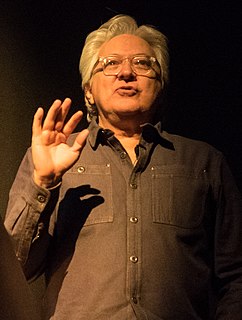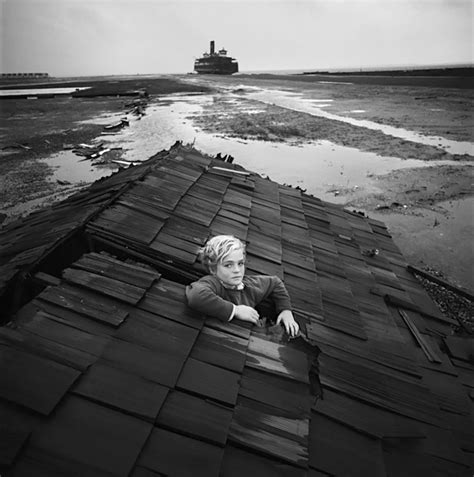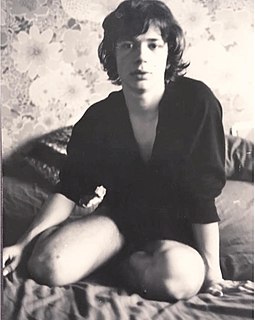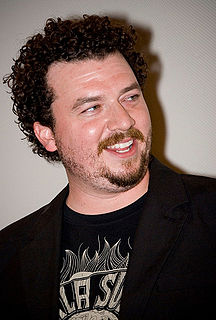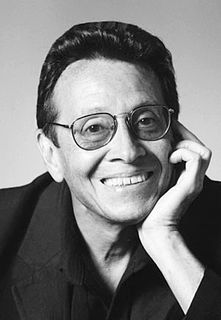A Quote by Martin Parr
Everyone is a photographer now, remember. That's the great thing about photography.
Quote Topics
Related Quotes
To us, the difference between the #? photographer as an individual eye and the photographer as an objective recorder seems fundamental, the difference often regarded, mistakenly, as separating photography as art from #? photography as document. But both are logical extensions of what photography means: note-taking on, potentially, everything in the world, from every possible angle.
Photography has an amazing ability to capture the fine detail of surface textures. But far too often these intricate patterns are loved by the photographer for their own sake. The richness of texture fascinates the eye and the photographer falls easy prey to such quickly-caught complexities. The designs mean nothing in themselves and are merely pictorially attractive abstractions. A central problem in contemporary photography is to bring about a wider significance in purely textural imagery.
The first half of the 20th century belongs to Picasso, and the second half is about photography. They said digital would kill photography because everyone can do it, but they said that about the box brownie in 1885 when it came out. It makes photography interesting because everyone thinks they can take a picture.
Sven Schumann did an interview with photographer Wolfgang Tillmans in Berlin addressing the question: What is photography today when everyone is a photographer? These kinds of questions and answers you find in a magazine, on paper and not on Instagram. For me this is the essence of a magazine - it's questioning what's going on today and celebrating true creativity without compromise.
Different levels of photography require different levels of understanding and skill. A "press the button, let George do the rest" photographer needs little or no technical knowledge of photography. A zone system photographer takes more responsibility. He visualizes before he presses the button, and afterwards calibrates for predictable print values.
Any photographer worth his/her salt - that is, any photographer of professional caliber, in control of the craft, regardless of imagistic bent - can make virtually anything look good. Which means, of course, that she or he can make virtually anything look bad - or look just about any way at all. After all, that is the real work of photography: making things look, deciding how a thing is to appear in the image.



